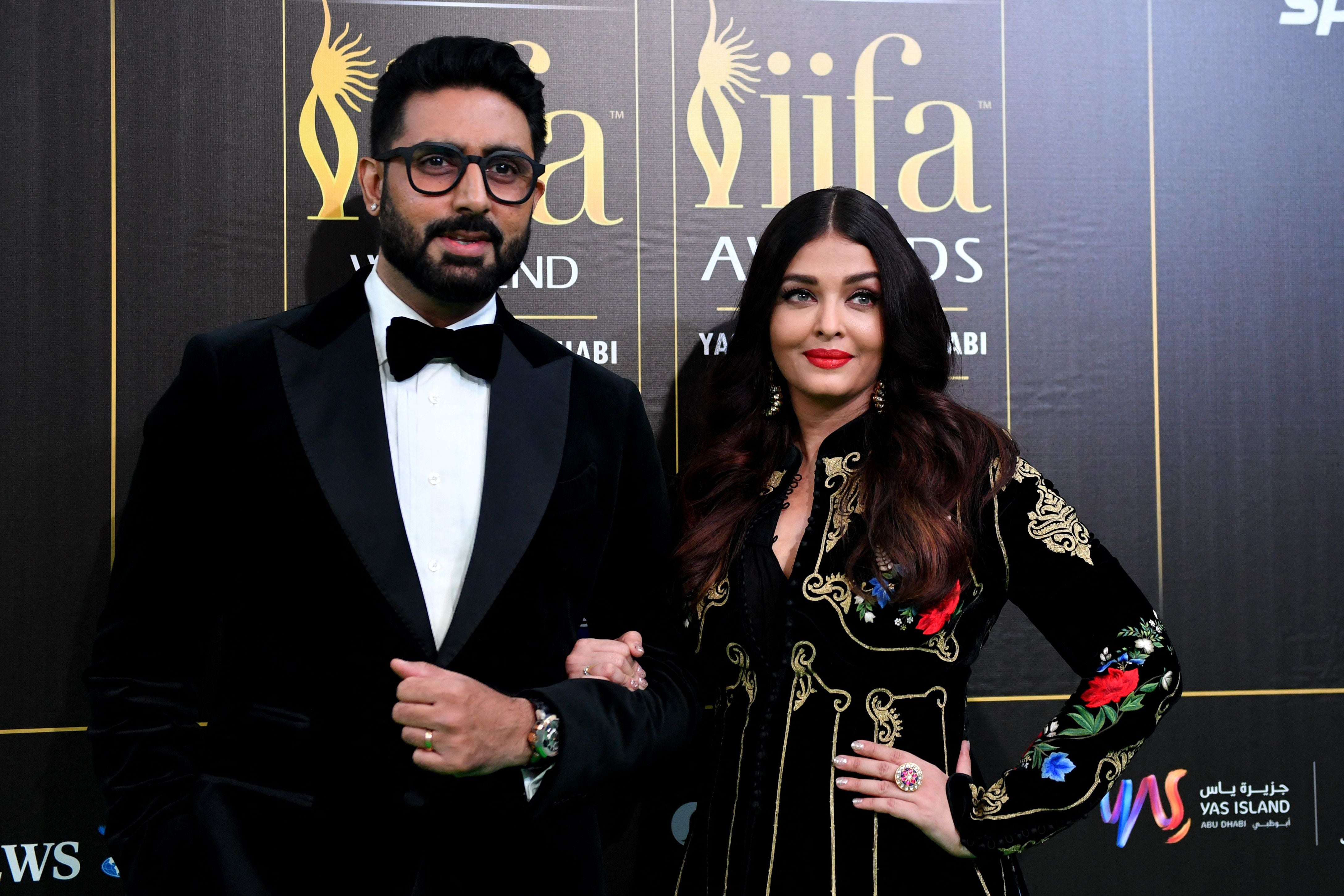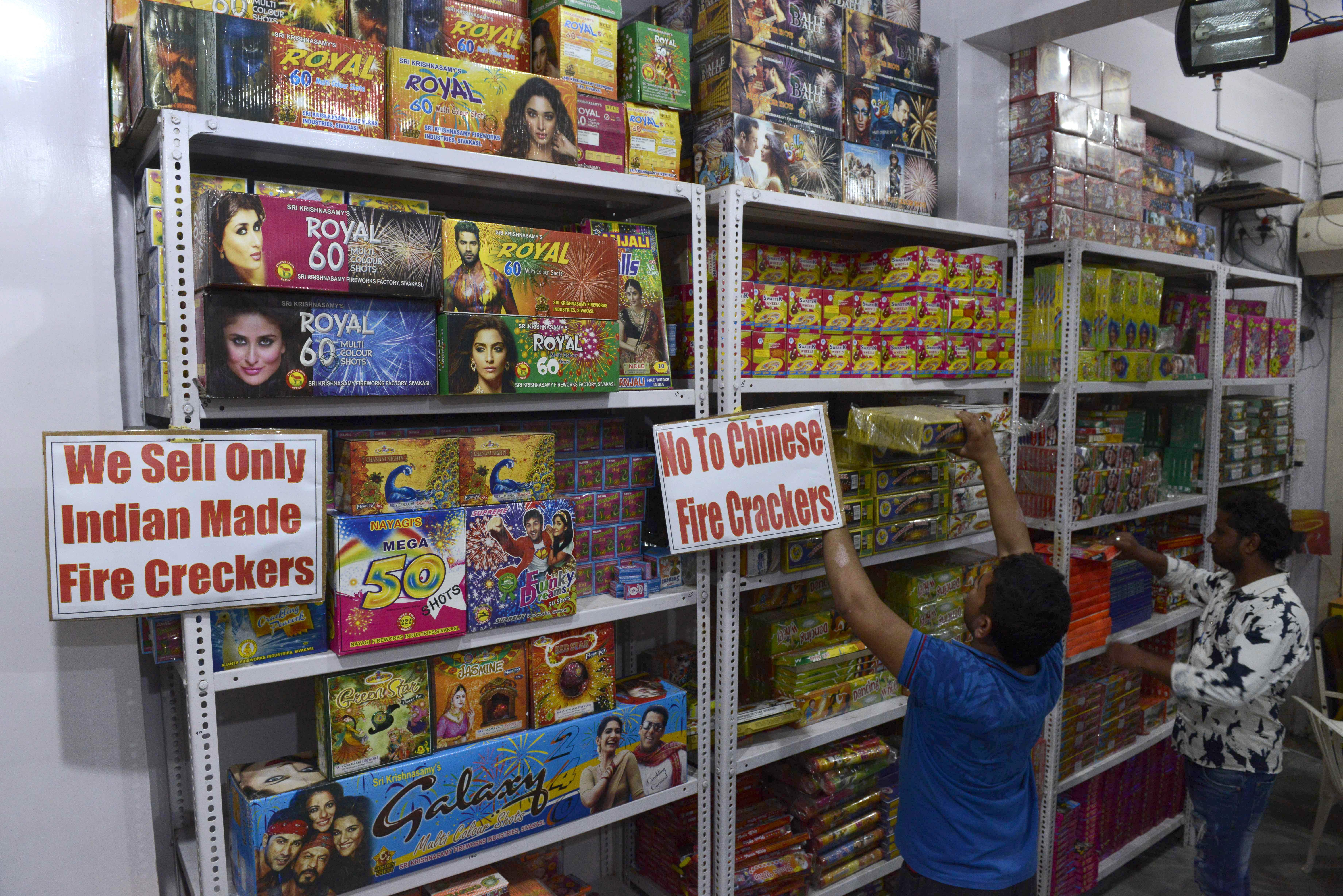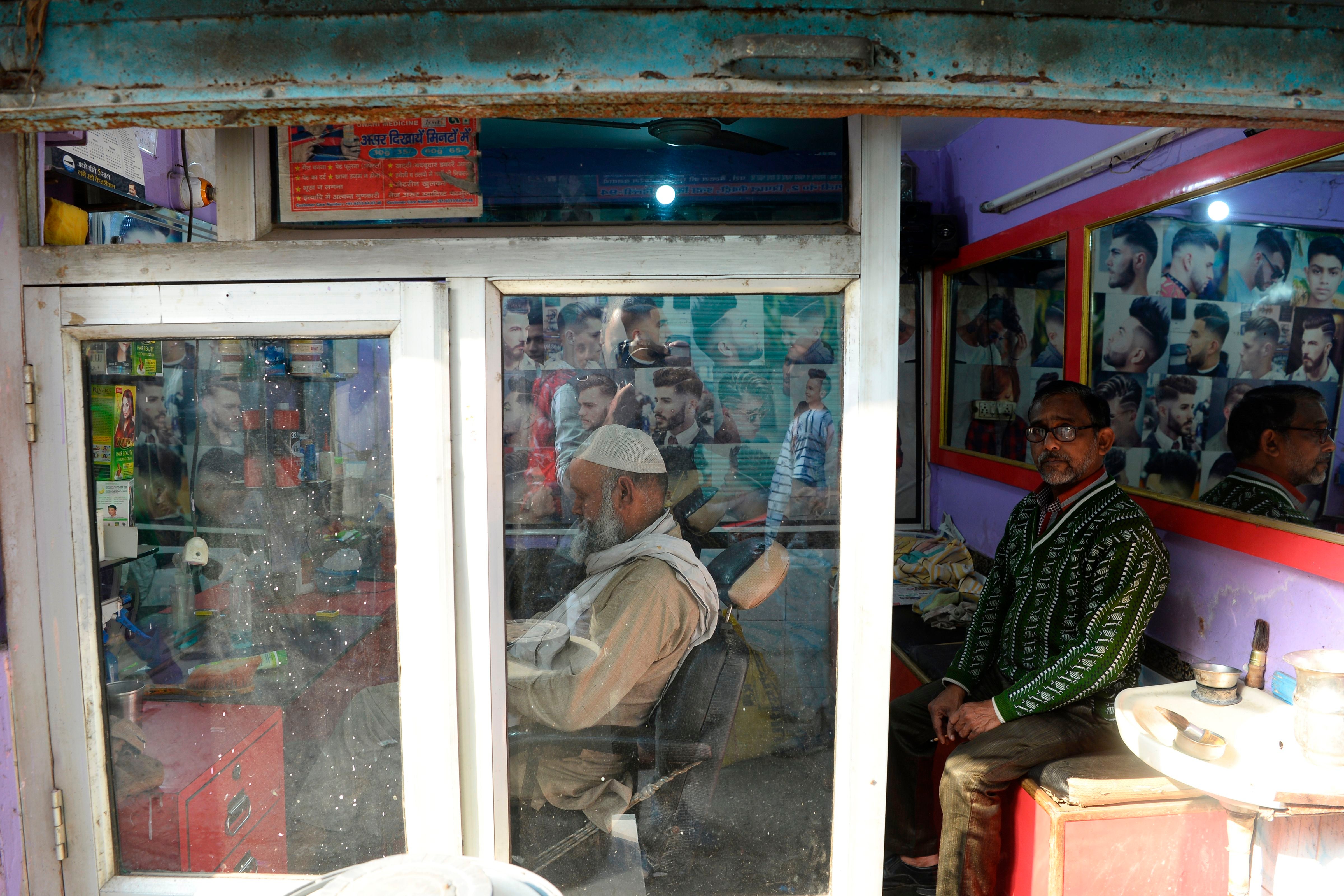Indian film industry celebrities Aishwarya Rai Bachchan, Abhishek Bachchan, and Karan Johar have gone to court to fight for their personality rights – control over their own image and voice – as deepfakes threaten their profession.
In a series of lawsuits filed at the High Court in the Indian capital New Delhi, the actors and filmmaker are seeking to stop websites, social media accounts, and AI platforms from using their names, faces, and voices without consent.
At the heart of these petitions is a growing crisis in Indian celebrity culture, driven by the rise of deepfake technology and an expanding market for unlicensed merchandise that has turned a star’s identity into a free-for-all commodity.
Deepfakes are doctored audio-visual material created using artificial intelligence and they mostly involve the production of a fake “face” that is merged with an authentic video to create a video of an event that never really took place.
Bride and Prejudice star Rai Bachchan filed her petition on 9 September, after her lawyers flagged multiple websites using AI-generated pornographic and “completely unreal intimate photographs” of her, as well as selling unlicensed merchandise, according to Hindustan Times.
“Her name and likeness is being used to satisfy someone's sexual desires. This is very unfortunate,” said her lawyer Sandeep Sethi.
Her husband Abhishek Bachchan filed a similar suit two days later, citing dozens of URLs where his name and photographs were used to endorse products he had never agreed to promote. A week later, filmmaker Johar too went to court, seeking to block the use of his image, voice, nicknames like “KJo” memes, and AI-created content he called defamatory or commercial exploitation.

The court granted the Rai Bachchans and Johar interim relief, barring the creation, sharing, or sale of products and/or digital content using their name, likeness, or persona, as well as ordering social media platforms to take down any content of this kind it was hosting.
“When the identity of a famous personality is used without their consent or authorisation, it may not only lead to commercial detriment to the concerned individual but also impact their right to live with dignity,” Justice Tejas Karia wrote in his order on Rai Bachchan’s plea.
“The courts in such cases of unauthorised exploitation of one’s personality rights, cannot turn a blind-eye to the same and shall protect the aggrieved parties so as to avert any harm to them resulting from the said unauthorised exploitation.”
Personality rights, often called the “right of publicity”, are a person’s legal claim over the commercial use of their name, image, voice or likeness. In practice, they allow public figures to control how their identity is used and to stop others from profiting off it without permission.
In India, there is no single law explicitly protecting personality rights, but courts have stitched together safeguards using privacy provisions under Article 21 of the Constitution, passing off laws, and intellectual property rules. In contrast, the US has well-defined state-level publicity rights that treat a person’s likeness as property, while the UK relies on older laws such as passing off and copyright, though there are growing calls for a standalone statute to address challenges like deepfakes and AI-generated content.
What are personality rights?
Personality rights, often called the “right of publicity,” are a person’s legal claim over the commercial use of their name, image, voice or likeness. In practice, they allow public figures to control how their identity is used and to stop others from profiting off it without permission.
Bollywood’s legal fight to protect their personality rights comes at a time when Indian celebrities are facing escalating threats from deepfake technology. Cheap, easily accessible tools now allow anyone to superimpose a star’s face on a video or generate a lifelike voice recording in minutes.
Last year, an AI-fabricated video of Bollywood actor Rashmika Mandanna in a black dress went viral, prompting the Indian Information Technology minister Rajeev Chandrasekhar to issue a warning.
Actors Ranveer Singh and Aamir Khan filed police complaints in April 2024 after deepfake videos of the actors endorsing a political party went viral on social media. Similar fakes featuring actors like Katrina Kaif and Alia Bhatt have been used to spread false endorsements for gambling apps and cryptocurrency schemes, duping unsuspecting fans.

In 2023, cricket legend Sachin Tendulkar too ended up in a deepfake video endorsing an online gaming app and claiming that his daughter benefits financially from it.
A video of Indian prime minister Narendra Modi performing the traditional Gujarati dance of garba too went viral in 2023, leading him to issue a statement on the “worrying” misuse of deepfake technology.
“People can fall prey to believing what they see to be true… and this will lead us towards a major crisis,” Modi warned.
In India, where Bollywood celebrities are routinely treated as national obsessions, their popularity has fuelled an enormous grey market in merchandise. Across the country, it is common to find unofficial posters, T-shirts, keychains, and mobile cases bearing Bollywood actors’ images, sold through small shops and on apps like Instagram and WhatsApp. Licensed merchandise, usually tied to blockbuster films or cricket teams, does exist but a lack of regulation means unlicensed sellers dominate.
It’s not even posters of only Bollywood stars that plaster the walls of shops across India; one of the most enduring jokes is that almost every local barber in India has at least one image of Zayn Malik or David Beckham, often faded or weather-worn, advertising the “latest international haircut” even if the picture itself is decades old.

For many Indian celebrities, this is not a new problem. Amitabh Bachchan, Abhishek Bachchan’s father and one of Bollywood’s biggest stars, won a landmark case in 2022 when the Delhi High Court barred a host of companies and apps from using his name, voice and image without permission.
Actor Jackie Shroff and Slumdog Millionaire star Anil Kapoor sought similar orders soon after, with Kapoor even securing protection for his catchphrase “jhakaas” (superb). Singer Arijit Singh won interim relief from the Bombay High Court last year after filing a petition that AI platforms were using tools to clone his voice, imitate his mannerisms, and exploit other features of his persona without his consent.
While these rulings laid the groundwork for the disputes being seen now, none anticipated the scale of threat posed by deepfakes. “The acceleration of generative AI, viral content platforms, and cross‑border e‑commerce has created unprecedented opportunities for unauthorised use – from synthetic endorsements to look‑alike merchandise,” Essenese Obhan, managing partner at Obhan & Associates, told Money Control.
Indian police open murder case after mysterious death of British pensioner
Trump’s H-1B fee hike ignites fear and uncertainty in India’s $250bn tech industry
India issues response after Trump’s new H-1B visa rules spark panic
Popular Indian singer dies in diving accident in Singapore
At least 10 dead after Indian city receives heaviest rainfall in nearly 40 years
Teenage boy miraculously survives 90-minute flight hiding in plane’s landing gear







